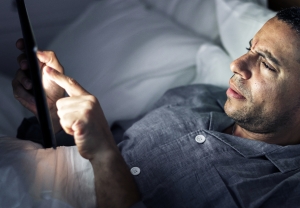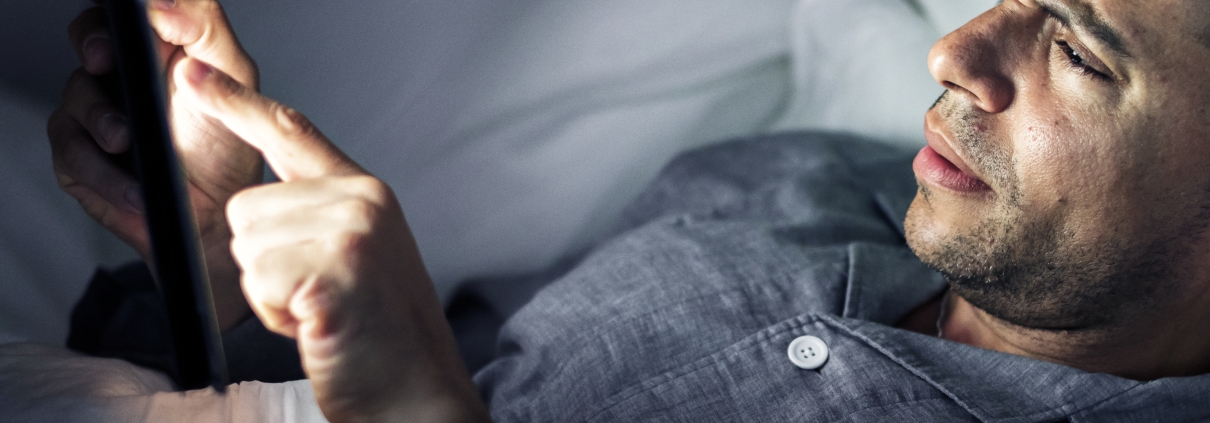Disconnect Digitally for Better Sleep
In the digital era we live in, constant exposure to electronic screens can have a significant impact on our sleep quality. The brightness of screens from devices like phones, tablets, and computers emits blue light, which can interfere with our circadian rhythm and make it difficult to fall asleep. In this article, we’ll explore the importance of digitally disconnecting before bedtime to improve the quality of our nightly rest.

Blue Light and Its Impact on Sleep: Numerous studies have shown that blue light suppresses the production of melatonin, a crucial hormone for regulating sleep. By exposing ourselves to electronic screens before bedtime, we’re sending contradictory signals to our brains, indicating that it’s still daytime and hindering the natural process of preparing for rest.
Strategies for Disconnecting:
- Set a Shutdown Time: Establish a specific time every night to shut down all electronic devices. This not only helps reduce exposure to blue light but also establishes a consistent routine that signals to your body it’s time to prepare for sleep.
- Create a Technology-Free Space: Dedicate your bedroom to be a sanctuary for rest. Avoid bringing electronic devices to bed and consider leaving them outside the room to eliminate the temptation to check them before sleep.
- Relaxing Activities before Bed: Replace screen time with relaxing activities such as reading a book, practicing meditation, or listening to soft music. These activities can help reduce stress and prepare your mind for peaceful sleep.
Benefits of Digital Disconnecting: By adopting these practices, many experience a significant improvement in the quality of their sleep. Digital disconnection not only contributes to more restful sleep but can also have positive effects on overall well-being, reducing anxiety and improving mood.
In Conclusion: Prioritizing digital disconnection before bedtime is an effective strategy for improving sleep quality. By doing so, we allow our bodies and minds to relax, facilitating the transition to restful sleep and waking up refreshed and revitalized the next day. The key is to take small steps towards habit change that, in the long run, will reap significant benefits for our rest and overall well-being.



Leave a Reply
Want to join the discussion?Feel free to contribute!